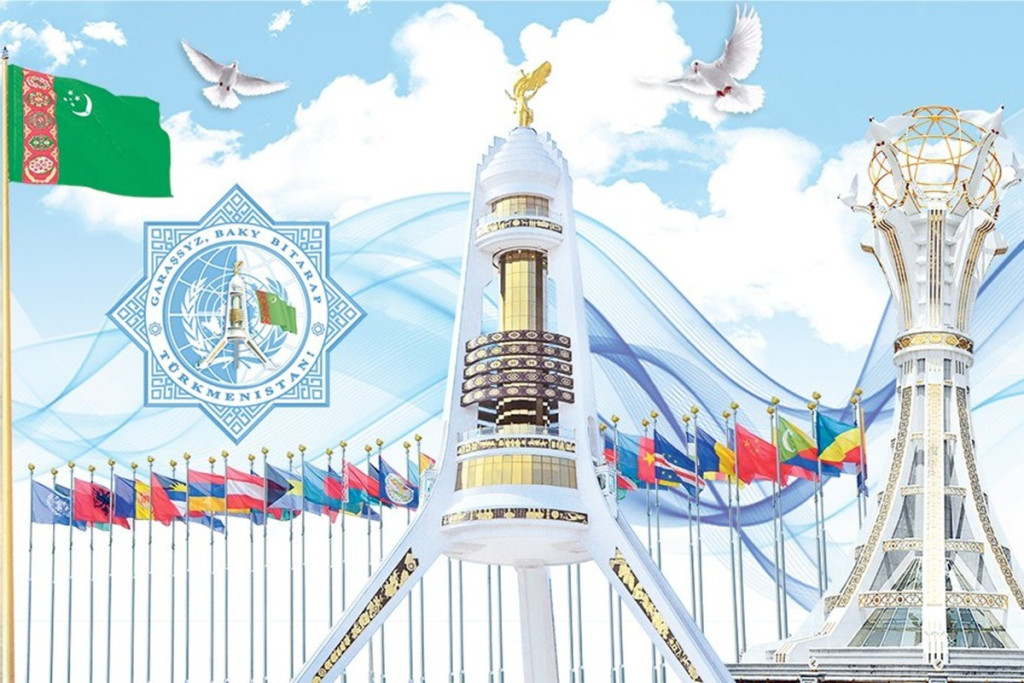
“Green” education is a comprehensive approach primarily aimed at developing in younger generations the necessary knowledge, skills, abilities, values, and culture of behavior to create a sustainable society and pass the environment on to future generations in good condition. This concept involves not only teaching the fundamentals of ecology and sustainable development but also implementing environmentally friendly and energy-efficient solutions in educational institutions.
Respect for nature and the development of ecological culture are the main directions of “green” education. Therefore, at all levels of education, concepts related to climate change, the rational use of natural resources, and sustainable development are widely integrated. In addition to introducing specialized ecological subjects into curricula, extracurricular and mass events are regularly held.
Modernizing the educational environment, i.e., creating “green” schools, is also one of the important steps in this direction. “Green” education enables young people to increase their understanding of the environment, learn to use natural resources sparingly, and creatively solve ecological problems.
Important steps are being taken in Turkmenistan in this area. Alongside improving ecological literacy, special emphasis is placed on developing international cooperation. A clear example of such cooperation is the Memorandum signed in April of this year between the Ministry of Education of Turkmenistan and the UNICEF office in Turkmenistan regarding the joint program “Green School.” This program, the first of its kind in Central Asia, aims to transition participating schools to a sustainable and energy-efficient environment.
Within the framework of this program, principles of sustainable development are integrated into all aspects of educational institutions' work—from interactive teaching methods to energy-saving measures.
It is also worth noting the successful implementation of the “green” education concept in our higher education institutions. Some of our universities have managed to enter international specialized “green” rankings. The most prestigious of these is the “UI GreenMetric” ranking created by the University of Indonesia, which evaluates universities on their work in sustainable development and environmental well-being. This ranking considers indicators such as natural resource management, energy efficiency, waste management, and the development of ecological educational programs.
According to the results of 2024, 11 higher education institutions of Turkmenistan were included in this ranking. Among them, the Oguzhan University of Engineering Technologies and the S.A. Niyazov Turkmen Agricultural University succeeded in entering the top 500 universities worldwide.
Educational reforms carried out in the country also broadly open the way for “green” education initiatives. New educational buildings are constructed in accordance with international ecological standards, providing young people with wide opportunities in ecological fields. For example, the new building of the Turkmen State Energy Institute opened on September 1, 2025, in the city of Mary, equipped with solar panels and a scientific-production center for “Renewable Energy Sources,” demonstrates the successful implementation of the country’s “green” energy policy.
Yusup Chakanov,
Head of the Digital Technology and Information Security Department of the Material and Technical Resources and Supply Directorate, Turkmennebit State Concern
Source: State Concern "Turkmennebit"



